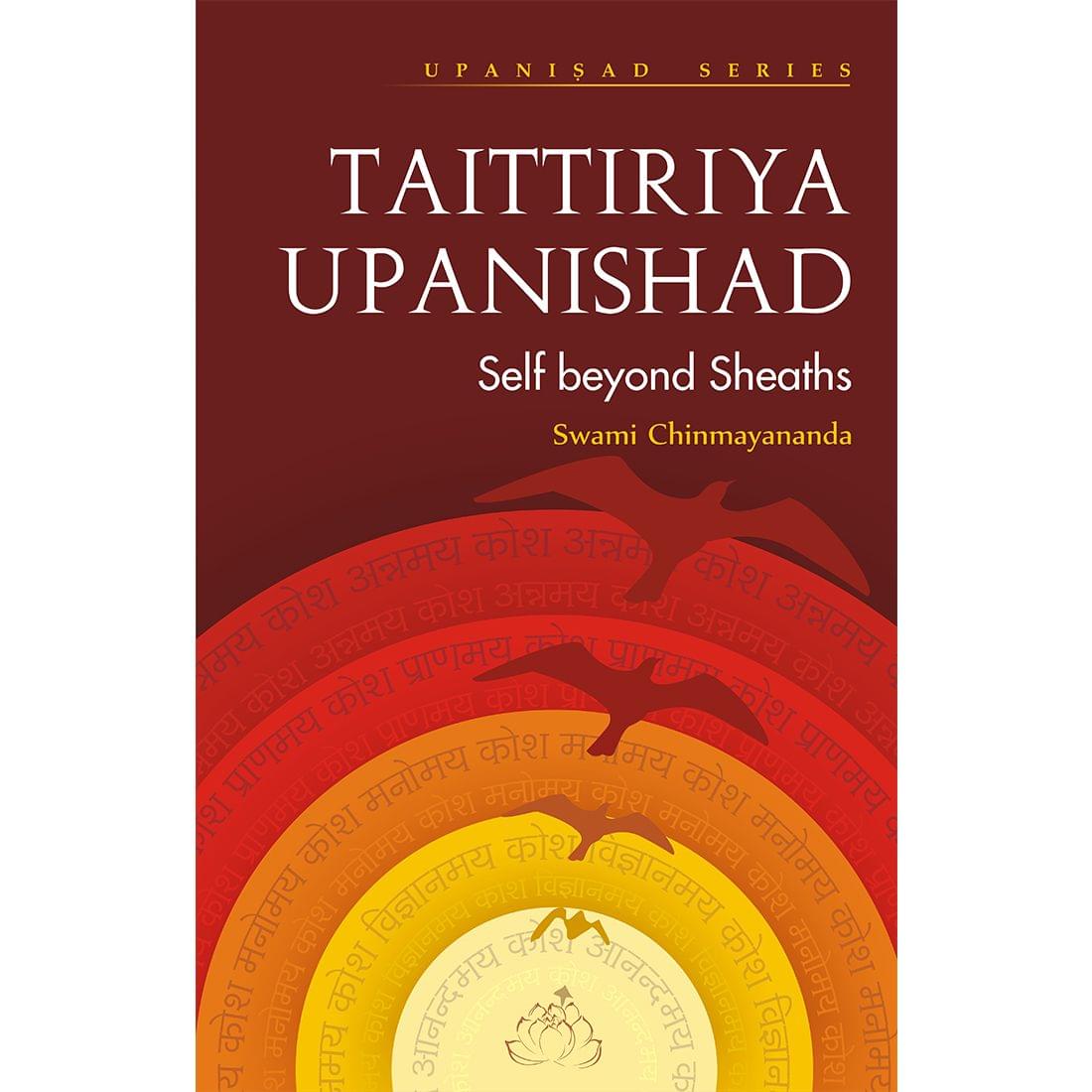Swami Chinmayananda
Taittiriya Upanishad is backordered and will ship as soon as it is back in stock.
Couldn't load pickup availability
Make a bulk order enquiry
Product Description

Inspiring Right Living

Rooted in Wisdom

An Offering of Love

Product of Bharat
Product Description
Taittiriya Upanishad occupies an unrivalled place in the Divine Tradition of Hinduism. The Upanishad, declares a manifesto upon the 'Hindu way of Living'. "Speak the Truth. Do your duty. Do not neglect the study of the scriptures. Do not cut the thread of progeny. Swerve not from Truth. Deviate not from the path of good. Revere greatness." "Let your mother be a God to you; let your father be a God to you; let your teacher be a God to you; let your guest be a God to you. Do only actions which are blameless. Always show reverence to the great."
These Commandments have a democratic Hindu touch which is the unique speciality of Hindu philosophy. "He who realises Brahman attains the Supreme Brahman - Truth, Knowledge and Infinite." "He from whom all beings are born, having born in whom they live, and to whom they return at death - seek to know him. He is Brahman." Seek to know Brahman by meditation.
In his commentary on this Upanishad, the journalist, the logician, the scholar and the master of English Literature - Swami Chinmayananda is at His best.












